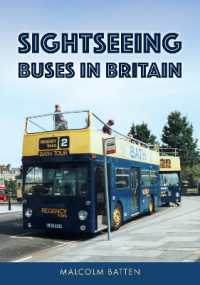Full Description
The book contains high quality peer-reviewed papers that are grouped into several interconnected parts: Part 1 - Smart Education, Part 2 - Smart e-Learning, Part 3 - Smart University, Part 4 - Smart Education: Case Studies and Research, and Part 5 - Smart Company: Case Studies and Research.







